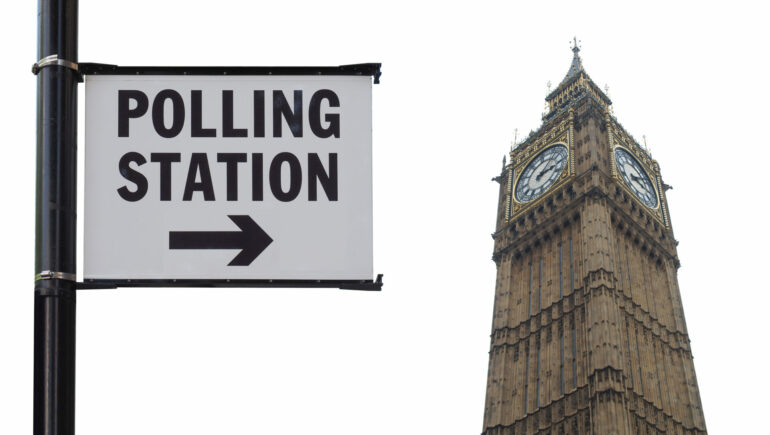The shifting demographics of private renters are changing the political landscape in England. According to Generation Rent’s analysis of the latest census data, the number of constituencies with at least 20% private renters has soared from 114 in 2011 to 194. This shift represents a significant increase in the political influence of renters, who were previously concentrated in city centres.
The analysis reveals a trend towards suburbanisation among renters, driven by the search for affordable rents and family-friendly homes. This migration has expanded the political impact of renters beyond inner cities to suburbs and satellite towns, particularly around London and other major cities.
However, Generation Rent highlights a potential hurdle: voter registration. Their estimate suggests that 1.22 million people were not registered to vote in the 2019 election, with 45% being private renters. This lack of registration could diminish the potential political clout of this growing demographic.
The 2021 Census showed that the private rented sector (PRS) housed 4.8 million households in England, a 1.1 million increase over ten years. Renting, once predominantly an urban phenomenon, has seen significant growth in suburban areas like Dudley and Oldham.
Politically, the expansion of the PRS has made it a significant demographic in many constituencies. Seats with 30% or more of the population in private rented homes have risen by 89% since 2011. This growth could be pivotal in future elections, provided renters are registered to vote.
Generation Rent’s report, “Gaining Our Voice,” underscores the importance of voter registration among private renters. It points out that areas with high populations of private renters saw notable declines in voter registration since the last general election.
Dan Wilson Craw, deputy chief executive of Generation Rent, said: “It is getting harder for politicians to ignore renters. The renter population continued to grow in the 2010s, but because many of us have been pushed out of city constituencies by high rents and the need for family homes, renters’ political power has grown even more, and could make a difference in many more seats at future elections.
“But this new political influence is limited if we aren’t registered to vote in the first place, and it is too easy to fall off the register after a stressful house move. We have mapped the private rented sector to inform our campaign to make sure renters have a political voice, and we hope this work will help others who are working to widen democratic participation.”




